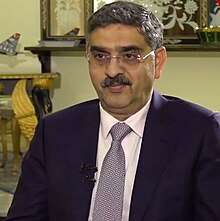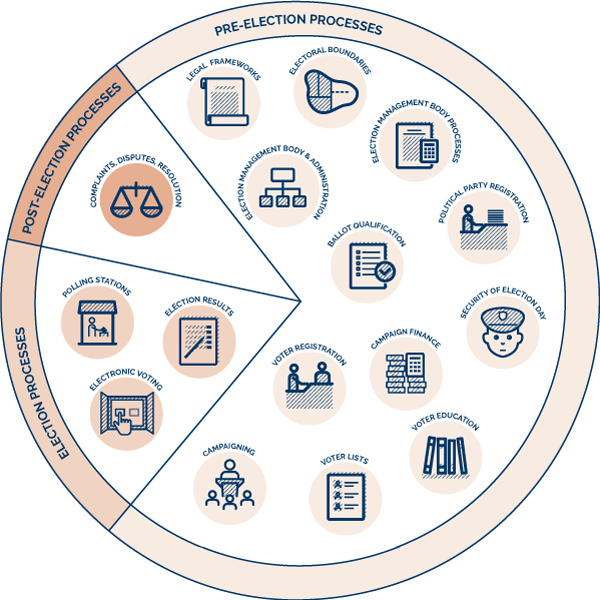Limits exist for a reason
A wise man sets limits to his indulgences, but a fool constantly crosses them, Boundaries exist for a reason; they define who we are and who we are not. Crossing them can lead to consequences we may later regret, Current need of the time is Transparent Elections.
At a time when Pakistan grapples with alarming levels of political polarization, what the nation desperately needs is healing; Anwaarul Haq Kakar’s recent statements have stirred a vital debate about the future of democracy in Pakistan. To preserve the democratic ideals that underpin the nation, all stakeholders must commit to inclusive, equitable, and Transparent Elections and this can only be achieved through free and fair elections that are beyond reproach.
Healing through Democracy: The Imperative of Transparant Elections
The healing and reconciliation that Pakistan urgently needs can only begin with the assurance of free and fair elections where every voice is heard and every party is treated with equal respect under the law. To set the nation on this path, the Election Commission of Pakistan (ECP) must play a central role. The ECP should promptly announce the election date and ensure that no party receives preferential treatment or encounters discrimination.
Caretaker Responsibilities: Navigating Transition without Bias
The caretaker government, meanwhile, must remember its primary responsibility: overseeing the transition period impartially and without becoming embroiled in political controversies. Anwaar ul Haq Kakar’s recent interview with The Associated Press has ignited a firestorm of controversy, especially with his audacious claim that fair elections can proceed even if key members of the PTI, including Chairman Imran Khan, are incarcerated.

Debunking Kakar’s Claims: HRCP’s Stand on Democracy
In his attempt to rationalize this stance, Mr. Kakar argued that the multitude of law-abiding PTI members could effectively manage the political process and participate in the elections. However, the Human Rights Commission of Pakistan (HRCP) was quick to respond, asserting that Kakar’s claims are not only “anti-democratic” but also ill-judged. They rightly pointed out that the courts have yet to establish guilt in these cases, underscoring the presumption of innocence until proven otherwise.
Caretaker Mandate: Ensuring Inclusivity in the Electoral Process
Kakar’s comments have further raised concerns about the caretaker setup’s mandate. Caretaker governments are entrusted with overseeing a limited transition period and should not interfere with the electoral process by excluding individuals or groups from participation. Such a move would undoubtedly undermine the democratic foundations upon which Pakistan’s political system is built.
Fairness Imperative: Overcoming Challenges to Democracy
In a country where the credibility of elections has often been called into question, any notion of fairness is crucial for the democratic process. The specter of the 2018 general elections still looms large, casting a shadow of doubt over the integrity of Pakistan’s electoral system. As the nation stands on the precipice of the 2023 elections, the echoes of 2018 serve as a stark reminder that an election marred by controversy and perceived bias can lead to turbulent times ahead.
Guiding Principle: The Call for Free and Fair Elections
The fundamental principle that should guide Pakistan’s electoral process is the assurance of free and fair elections for all political parties. Excluding any party from the electoral process, regardless of the reasons given, threatens the legitimacy of the entire democratic exercise. This issue should be of concern to all political parties across the spectrum, as evidenced by Chairman PPP Bilawal Bhutto’s emphasis on the concept of a ‘level-playing field’ and his criticism of any perceived bias.


